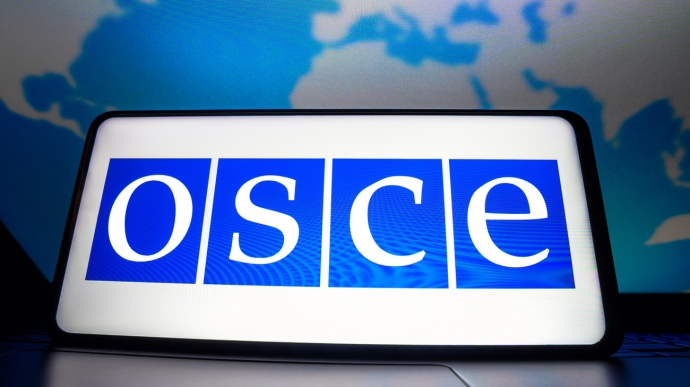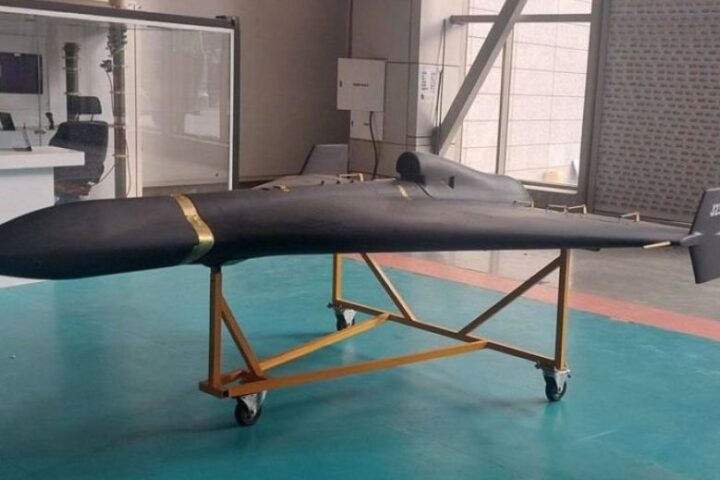On July 25, Dutch Foreign Minister Caspar Veldkamp announced that the Netherlands and over 40 other OSCE member states have invoked the organization’s special inquiry mechanism to investigate alleged torture and inhumane treatment of Ukrainian prisoners of war in Russian custody. The initiative, launched under the OSCE’s Moscow Mechanism, aims to establish accountability for violations of international humanitarian law amid growing evidence of systemic abuse.
Moscow Mechanism triggered amid mounting evidence of systematic torture
The OSCE’s Moscow Mechanism allows participating states to initiate an independent investigation when serious violations of human rights commitments are suspected. This is the third time since 2023 that the mechanism has been used against Russia — previously for the deportation of Ukrainian children and arbitrary detention of civilians in occupied territories.
According to the UN Commission of Inquiry, Ukrainian POWs held in Russian prisons have been subjected to widespread torture, including beatings, electrocution, simulated executions, and sexual violence. The report highlights the role of Russia’s Federal Security Service (FSB) in these abuses. As of May 2025, at least 206 Ukrainian prisoners had reportedly died in Russian detention, with many deaths linked directly to torture and mistreatment.
UN and NGO reports confirm scale and coordination of abuse
Multiple independent investigations, including those by Amnesty International and UN agencies, confirm that the torture of Ukrainian POWs is not isolated, but part of a broader and systematic practice. Over 95% of released Ukrainian servicemen report severe violations of detention conditions, including denial of medical care and food, forced confessions, and long-term isolation from the outside world. Conditions in Russian facilities are described as deliberately degrading and designed to break prisoners physically and psychologically.
Russian authorities have reportedly sanctioned or encouraged this treatment, with documented cases of official calls for executions and cruelty. These findings suggest a coordinated state policy of brutality and impunity, in direct violation of the Third and Fourth Geneva Conventions, which protect the rights of prisoners of war and civilians during armed conflict.
Growing international pressure for legal accountability and sanctions
The OSCE initiative reflects rising international urgency to hold Russia accountable for what human rights experts say amount to war crimes and crimes against humanity. The violations undermine any future prospects for normalization with Moscow, locking in a long-term reputational and legal crisis.
Despite Russia’s denials, the accumulation of verified evidence is laying the groundwork for future tribunals and legal proceedings. The continued abuse of Ukrainian POWs, coupled with Russia’s refusal to allow international monitors access to detention facilities, reinforces calls for expanded sanctions and the isolation of Russian leadership on the global stage.














